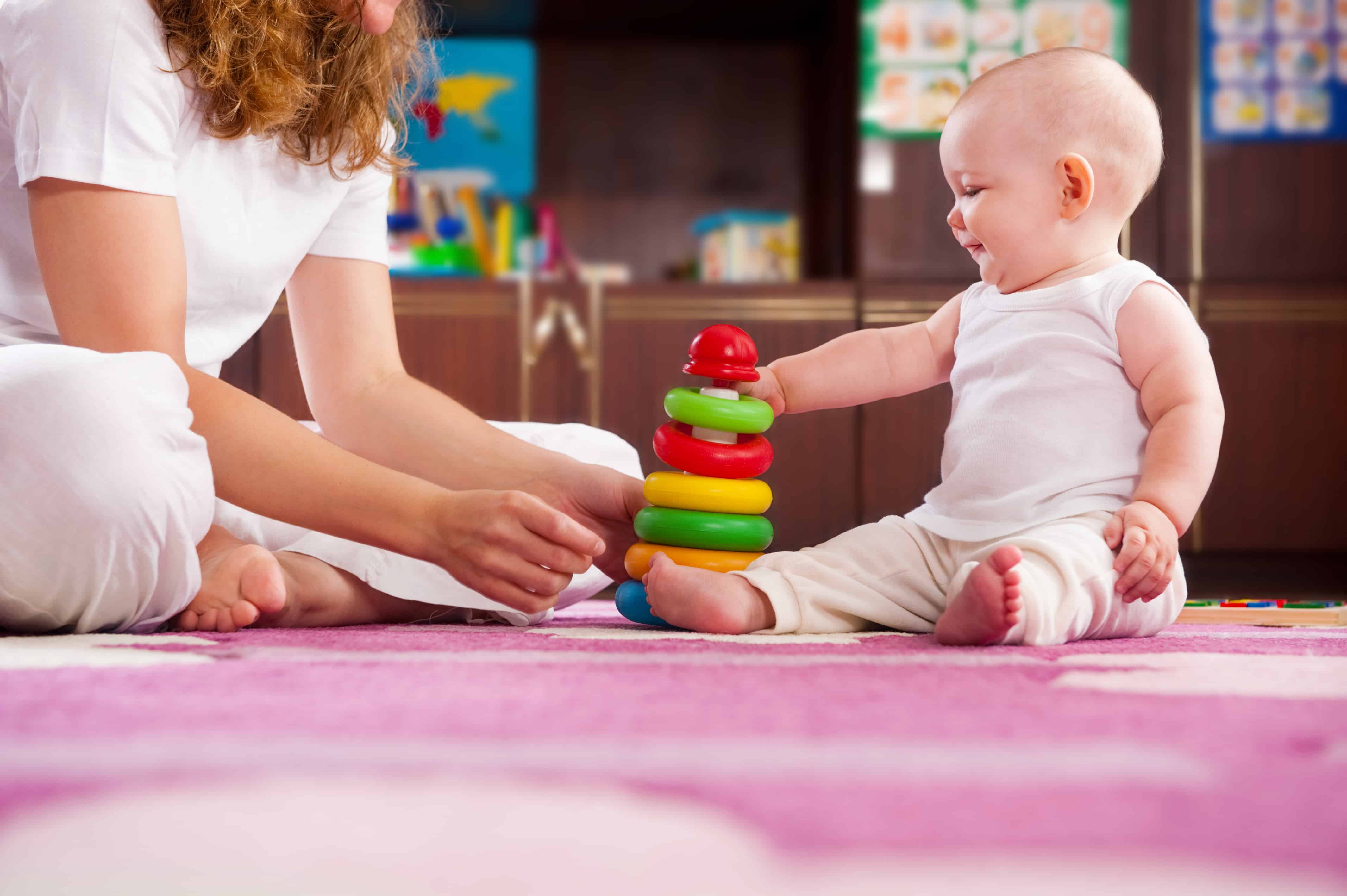 Source: bing.com
Source: bing.comYour little one is growing every day and it is such an exciting time! From smiling at you to rolling over, your baby is making so many new discoveries. Let’s dive into what you can expect in terms of your baby’s physical development from 3 to 6 months.
Table of Contents
Motor Skills
During this time, your baby will be developing their motor skills. They will start to have better control of their head and neck, and may even be able to lift their chest up while lying on their stomach. Your baby will eventually learn to roll over from their stomach to their back, and vice versa. You can help them develop their motor skills by providing plenty of tummy time, which will also help to prevent flat spots on their head. Make sure to supervise your baby during tummy time.
Hand and Eye Coordination
Your baby will start to reach for things and grasp them with their hands. They will also start to track objects with their eyes and be able to distinguish between different colors and shapes. Encourage your baby’s hand and eye coordination by providing toys that are easy to grasp and have bright colors and interesting shapes.
Social Development
Your baby will become more social during this time and start to show excitement when they see familiar faces. They will also start to recognize their own name and respond to it. Your baby may start to babble and make cooing sounds, and they may even start to laugh. Make sure to talk and sing to your baby, as this will help with their language development.
Sleep
Sleep is still an important part of your baby’s development at this stage. Your baby may start to sleep longer stretches at night, but they will still need naps during the day. Make sure to provide a safe sleeping environment for your baby, free from any soft bedding or toys that could pose a suffocation risk.
Nutrition
During this time, your baby may start to show interest in solid foods, but it is important to wait until they are at least 4 months old before introducing anything other than breast milk or formula. When you do start to introduce solid foods, make sure to do it slowly and in small amounts, and watch for any signs of allergies.
In conclusion, your baby is making great strides in their physical development from 3 to 6 months. By providing a safe and nurturing environment, plenty of tummy time, and lots of love and attention, you can help your baby reach their full potential.
Frequently Asked Questions About Baby Physical Development 3 To 6 Months
Q: How much tummy time should I give my baby?
A: It is recommended to start with a few minutes of tummy time a few times a day, gradually increasing the time as your baby becomes more comfortable.
Q: When should I start introducing solid foods?
A: It is recommended to wait until your baby is at least 4 months old before introducing anything other than breast milk or formula.
Q: When will my baby start to sit up?
A: Most babies will start to sit up on their own between 6 and 8 months old.
Q: How can I encourage my baby’s language development?
A: Talk and sing to your baby often, and read to them regularly. Respond to your baby’s coos and babbling, and encourage them to mimic your sounds.
Q: How can I create a safe sleep environment for my baby?
A: Make sure to place your baby on their back to sleep, in a crib or bassinet free from any soft bedding or toys that could pose a suffocation risk. Keep the room at a comfortable temperature and use a sleep sack or swaddle if needed.
